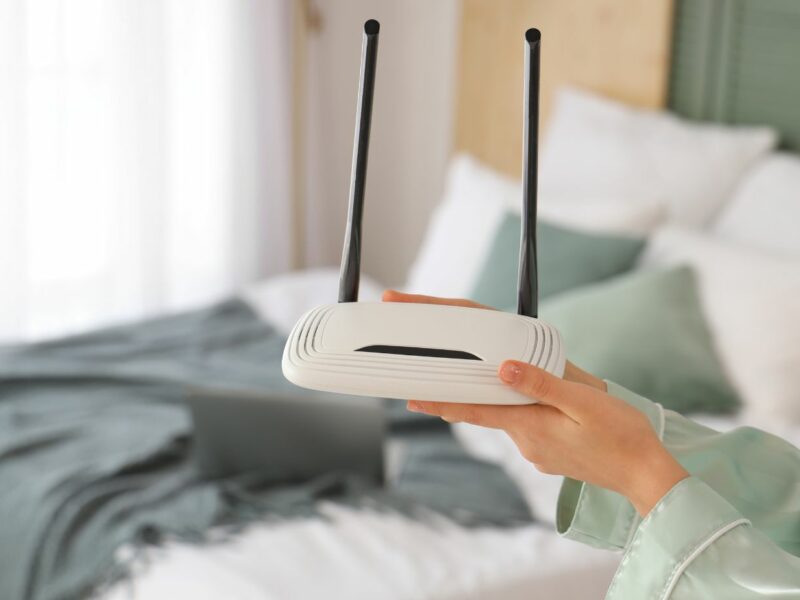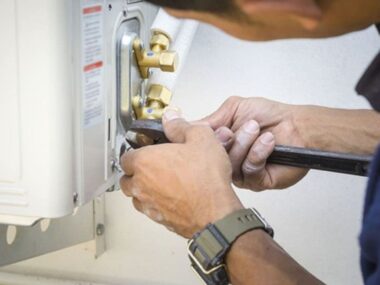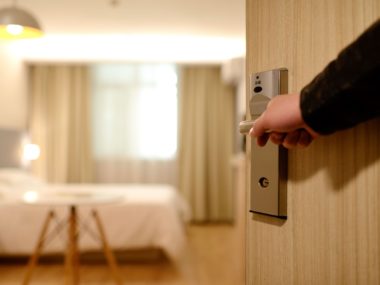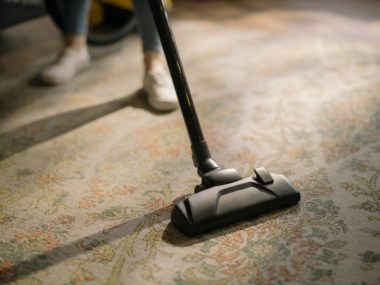Our homes are more connected than ever before, and many devices require a stable connection to WiFi. Although this connectivity has its advantages in terms of convenience, it also poses a threat to the security aspect.
It is very important to make sure that your home WiFi network is safe to avoid losing your valuable information and privacy.
Let’s take a look at what you need to know to ensure this security!
Understanding the Importance of Securing Your Home WiFi Network
Surprisingly, the security of the home WiFi connection is a topic that is rarely discussed, although it is the first barrier against cyber threats. An attacker with access to the network can gain entry to personal details, banking details, and even control over smart devices in the house. The consequences of such violations can be quite drastic, including identity theft or monetary losses.
Other than personal risks, criminals can use the unsecured network for unlawful activities that can involve you in criminal activities you were never involved in. Thus, when you secure your WiFi network, you are protecting yourself and the rest of the users of the internet.
Change Default Login Credentials
Routers have preset passwords that are known to anyone with basic knowledge on how to manipulate a router. The first measure that one can take in order to protect his or her WiFi network is to alter these default login details. Choose a different username and a long password that contains letters, numbers, and any other special signs.
Resetting the router login details is a good security measure since it will not allow other people to access your network settings. Cybercriminals employ bots that attempt to use default credentials and by changing them, one is able to minimize the chances of cyber attacks.
Use Strong and Unique Passwords
The password used for your WiFi should be strong and hard for other people to guess. Do not use frequently occurring words, phrases or facts that are easily available to everyone like birthdays or names. A good password is usually a combination of letters in upper and lower case, numbers, and symbols.
It is equally important to use a different password on your WiFi network. In the event where a hacker gets another account of yours that you used the same password, he or she will be able to access your WiFi network. Updating your password often can also be of great help in terms of security.
Enable Network Encryption
One of the most effective ways to protect your home WiFi network is to enable network encryption. Encryption scrambles the data sent over your network, making it much more difficult for unauthorized users to access your information. The most secure form of encryption currently available for WiFi networks is WPA3 (Wi-Fi Protected Access 3). If your router supports WPA3, enable it through the router’s settings. If not, WPA2 is the next best option.
Avoid using older encryption methods like WEP (Wired Equivalent Privacy), as they are much easier to crack. Additionally, consider setting up a VPN (Virtual Private Network) on your router. A VPN encrypts all data traveling through your network, offering an added layer of security and privacy. By ensuring your network is encrypted and utilizing VPNs set-up on your router, you significantly enhance the protection of your personal information from potential cyber threats.
Update Your Router’s Firmware Regularly
Firmware updates of routers are released by manufacturers from time to time to fix security issues and enhance the functionality. It is essential to check for and install updates of such a nature for the security of your network on a regular basis.
The firmware updates are normally available from the manufacturer’s website or from the router’s control panel. If possible, you should enable the automatic update of your router so that it can be updated with the current security patches.
Disable Remote Management
Remote management enables one to configure the router from any location using the internet connection. Although this feature is rather helpful, it directly contributes to the increased security threat level.

That is why if not well secured, hackers can easily compromise your router through the remote management option available.
Turning off remote management when it is not required is one of the best ways to minimize the vulnerability of unauthorized access. If you have to use this feature, then it is advised to set a strong password for it and may also limit the access to certain IPs only.
Use a Guest Network for Visitors
It is recommended to create a separate network for guests to minimize the risks of threats getting to your main network. A guest network works independently from your main network; it lets your guests connect to the internet but not your devices and files.
It is especially important for guest networks to minimize the risk of the virus on a guest’s device infecting your network. Make sure that the guest network also has a strong password so that people cannot connect to it easily.
Limit the Range of Your WiFi Signal
Restricting the coverage area of the WiFi signal can lower the risk of people hacking into your network. Almost all routers have a feature that can be used to decrease the strength of the WiFi signal, hence its range. This helps to ensure that people who are not part of your network like neighbor or people passing by do not see and try to connect to your network.
Placing your router in the middle of your house also helps in confining the signal within your compound. Do not position the router near the windows or the external walls as the signal can easily spread outside.
Monitor Connected Devices
This way, you can easily discover other devices that are connected to your WiFi network and eliminate unauthorized connections. Almost all routers have a list of connected devices which can be viewed through the admin interface of the router.
This way, you can easily notice any unfamiliar devices and proceed to change the WiFi password or block this device from accessing the network. This is proactive because it assists in keeping the security of your network intact.
Implement Network Security Protocols
It is possible to add other network security measures to enhance the security of your home WiFi. Other features like MAC address filtering enables the network administrator to limit the types of devices that can connect to the network based on the MAC address.
Another useful security measure is turning off the WPS (WiFi Protected Setup) facility since, although it is convenient, it is easily hacked by brute force. Thus, if you follow all these additional measures, you increase the general level of protection of your home WiFi network and make it less vulnerable to threats.







